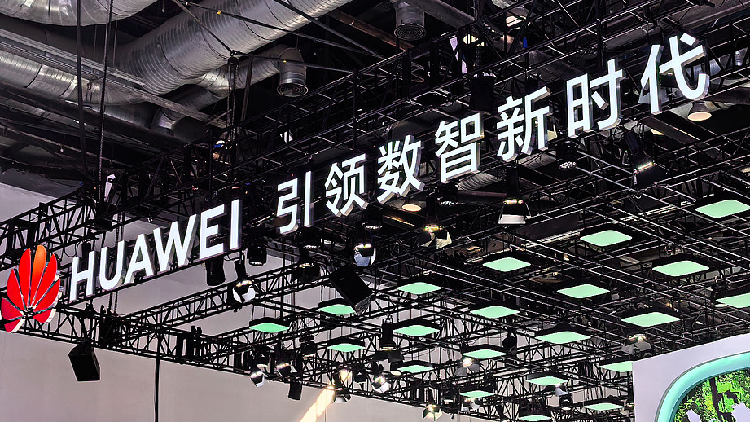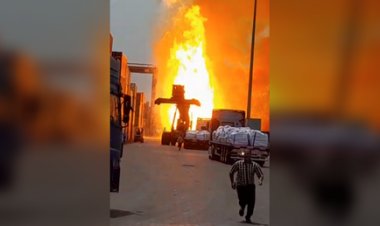Cybersecurity Challenges and International Cooperation: Insights from a Huawei Executive
Aloysius Cheang, Huawei's president of Cybersecurity & Privacy Protection and chief security officer for the Middle East and Central Asia, emphasized the escalating peril of cyberattacks by stating, "Cybersecurity is no longer a weapon of mass disruption but of mass destruction, because it can kill lives."

"Cybersecurity is no longer a weapon of mass disruption but of mass destruction, because it can kill lives," stated Aloysius Cheang, Huawei's president of Cybersecurity & Privacy Protection and chief security officer for the Middle East and Central Asia, during the Cyber Security Summit held in Tashkent. He highlighted the increasing danger posed by cyberattacks.
Cheang pointed out that the industry's inability to tackle root causes has intensified these threats. "Despite how much money, investment that we have done, it never solved the problem. We are still solving the problem 30 years back," he remarked. He called out the need for a more accurate and comprehensive strategy, saying, "You're not hitting the target at the red eye… you defined the problem statement wrongly."
One of the most critical vulnerabilities in today's cybersecurity landscape, according to him, is supply chain security. He referenced a recent attack involving pagers in Lebanon, explaining, "What supposedly the perpetrators have done is to attack the supply chain, right? At the production phase, they have imbued the back door in the product, that can be remotely triggered." This type of infiltration presents significant dangers, particularly to critical infrastructure, which may be compromised before it reaches consumers.
Despite these obstacles, Cheang underscored the significance of innovation through research and development, technology transfer, and international cooperation in enhancing cybersecurity capabilities while navigating sanctions and de-globalization. "Cybersecurity is a team game. R&D and tech transfer are vital for capacity building. You can't solve complex national security problems in isolation; collaboration is key," he asserted.
He emphasized that cooperative projects and partnerships are essential for driving innovation and cultivating the expertise required to tackle future cyber threats. "When countries and organizations work together on joint projects, they are not only sharing technology but building up the expertise and capacity that will allow them to respond to future threats more effectively," he remarked.
For regions such as the Middle East and Central Asia, where cybersecurity frameworks are still developing, these collaborative initiatives are particularly vital. "Investing in R&D, tech transfer, and joint projects is how we ensure long-term digital resiliency, not just for individuals and companies, but for national security as a whole," he explained. He highlighted the necessity of retaining knowledge by fostering local expertise, cultivating talent, and expanding industry capabilities that can collaborate with international entities to custom-build resilient systems tailored to local needs while adhering to regulatory requirements and adapting to the constantly evolving cyber threat landscape.
Olivia Brown for TROIB News
Find more stories on Business, Economy and Finance in TROIB business












